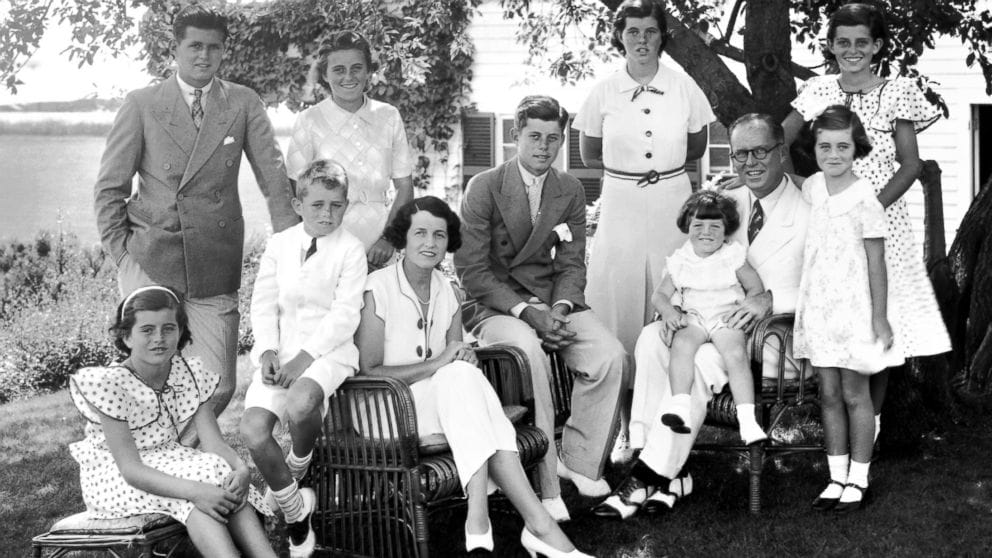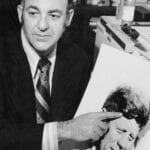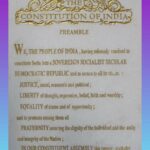Upon the tragic assassination of President John F. Kennedy, Vice President Lyndon B. Johnson was immediately sworn in as the 36th President of the United States. This sudden transition of power, while rooted in the Constitution, thrust Johnson into a role he likely never anticipated, particularly amidst a nation grappling with immense grief and uncertainty. His presidency, from 1963 to 1969, was a period marked by both remarkable achievement and deep turmoil, forever shaped by the escalating conflict in Vietnam.
Stepping into the Spotlight: From Texas to the White House
Lyndon B. Johnson, a Texan known for his larger-than-life personality and profound understanding of political maneuvering, was no stranger to the corridors of power. Born in Stonewall, Texas, in 1908, his early life was rooted in the realities of rural America. His path to the presidency had been paved with years of experience in the U.S. House of Representatives (1937-1949) and the U.S. Senate (1949-1961). It was in the Senate that Johnson’s exceptional legislative skills and ability to forge consensus earned him the position of Senate Majority Leader in 1955, a role that foreshadowed his future effectiveness in the Oval Office.
The Great Society: A Vision for a More Just America
Determined to honor Kennedy’s legacy while also forging his own path, Johnson set forth an ambitious agenda for social reform that he termed “The Great Society.” This sweeping vision aimed to address the deep-rooted issues of poverty, racial injustice, and inequality that plagued American society. Johnson, a master negotiator and legislative strategist, recognized that transforming this vision into reality would require all his political acumen.
Landmark Legislation: Shaping a Nation
The Johnson presidency witnessed the passage of some of the most consequential civil rights and social welfare legislation in U.S. history:
- The Civil Rights Act of 1964: This landmark act outlawed discrimination based on race, color, religion, sex, or national origin, striking down segregationist policies and practices that had long divided the nation.
- The Voting Rights Act of 1965: This crucial piece of legislation aimed to overcome the legal barriers and discriminatory practices that had prevented African Americans from exercising their right to vote, particularly in Southern states.
- Medicare and Medicaid (1965): These two programs, established under Johnson’s leadership, revolutionized healthcare access in the United States. Medicare provided health insurance to Americans aged 65 and older, while Medicaid offered health coverage to low-income individuals and families.
The Vietnam War: A Shadow Over the Great Society
While Johnson made significant strides in domestic policy, his presidency became increasingly defined by the escalating conflict in Vietnam. The war, a complex and controversial chapter in American history, cast a long shadow over Johnson’s time in office, ultimately overshadowing many of his domestic achievements. Johnson, like many leaders at the time, believed that preventing the spread of communism was paramount and that U.S. involvement in Vietnam was a necessary measure.
The decision to escalate U.S. military involvement in Vietnam proved to be deeply divisive, sparking widespread protests across the nation and eroding public support for Johnson’s presidency. The war exacerbated social and political divisions within the United States, creating a climate of unrest and dissent that would have lasting repercussions.
Lyndon B. Johnson: A Legacy of Triumph and Tragedy
Lyndon B. Johnson’s presidency is a study in contrasts – a testament to the complexities of leadership and the unpredictable nature of historical events. He left an indelible mark on American society, championing civil rights, expanding social welfare programs, and leaving a legacy that continues to shape the nation today.
Yet, Johnson’s presidency also serves as a stark reminder of the limits of power and the unintended consequences of even the most well-intentioned actions. The Vietnam War, a conflict that deeply divided the nation and exacted a heavy human toll, continues to generate debate and shape perspectives on Johnson’s place in history.
Who took over the presidency after JFK?
In the tumultuous hours following President John F. Kennedy’s assassination, the weight of leadership fell upon the shoulders of Vice President Lyndon B. Johnson. This transition, enshrined in the Constitution, thrust Johnson into the spotlight at a moment of profound national grief and uncertainty.
Johnson, a seasoned politician with a deep understanding of the inner workings of government, immediately assumed the mantle of the presidency. He understood the gravity of the situation and recognized the urgent need to provide stability and reassurance to a shaken nation. His “Great Society” programs, a sweeping set of policy initiatives aimed at combating poverty, expanding access to healthcare and education, and advancing civil rights, sought to build a more just and equitable society. These ambitious goals, while admirable, unfolded against the backdrop of the escalating Vietnam War, a conflict that would ultimately cast a long shadow over Johnson’s presidency.
What happened to President Johnson?
Lyndon B. Johnson, thrust into the presidency after Kennedy’s assassination, faced a nation in mourning and a world on edge. He navigated a tumultuous period in American history, marked by both soaring triumphs in social reform and the deeply divisive Vietnam War.
Johnson’s commitment to domestic policy led to the passage of landmark legislation, including the Civil Rights Act of 1964, the Voting Rights Act of 1965, and the establishment of Medicare and Medicaid. These achievements stand as testaments to his dedication to social justice and his skill as a legislator.
However, the Vietnam War cast a long shadow over his presidency. Johnson’s decision to escalate U.S. involvement in the conflict, driven by a belief in the need to contain communism, proved incredibly divisive. It sparked massive protests, eroded public trust, and ultimately overshadowed his domestic achievements.
By the time he left office in 1969, LBJ left behind a legacy full of contradictions. He’s remembered for his commitment to social progress but also for the escalation of a war that deeply divided the nation.
It’s important to note that historians are still unraveling the complexities of Johnson’s presidency. Newly available documents and ongoing research continue to provide a more nuanced understanding of his motivations and the factors that influenced his decisions. It’s a fascinating period in American history, and one that continues to generate discussion and debate.
Who did JFK replace?
John F. Kennedy, elected the 35th President of the United States in 1960, succeeded Dwight D. Eisenhower. Kennedy’s victory over Richard Nixon ushered in a new era of American politics, marked by youthful optimism, a renewed focus on space exploration, and the growing tensions of the Cold War.
What Was JFK’s Last Words?
While the circumstances surrounding John F. Kennedy’s assassination are well-documented, his final words remain a subject of debate. Some accounts suggest he was engaged in conversation with his wife, Jacqueline Kennedy, and Texas Governor John Connally just moments before the fatal shots were fired.
As the motorcade made its way through Dealey Plaza in Dallas, Texas, on November 22, 1963, President Kennedy was reportedly responding to a comment made by Mrs. Connally, who had remarked, “Mr. President, you can’t say Dallas doesn’t love you.”
According to witnesses, Kennedy’s last words, uttered just before the first shot rang out, were, “No, you certainly can’t.” These words, while seemingly mundane, serve as a poignant reminder of the suddenness and tragedy of that fateful day.
- Jimmy Carter is the nicest president, a title he often gets.
- Hallmark holidays are a term for an overly commercialized celebration.
- Sonny Liston v Ali was one of the most anticipated fights in history.
- From 1200 to 1450, many important events took place that shaped the world we live in today.










2 thoughts on “JFK’s Successor: Lyndon B. Johnson and the Weight of Legacy”
Comments are closed.